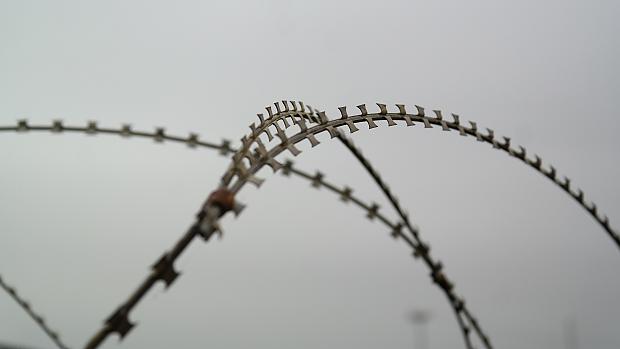Preventing the escalation of war in Ukraine
Preventing the escalation of war in Ukraine

We cannot accept Russia's aggression against Ukraine. But we must make sure that the war does not last a day longer than necessary. It has been the third month of Putin's despicable war against Ukraine, and there is no end in sight.
What we are seeing is fierce fighting, particularly in the eastern part, with ever heavier weapons. On 9 May, Putin made a speech full of war rhetoric. A familiar story about a war claimed to be necessary because of the Nazi regime in Kiev. Flagrant rubbish mixed with a lot of demagogy. Meanwhile, we do not hear much about negotiations which are so badly needed to end the bloodshed.
It is impossible to say which direction the fighting will take. But we do see trends. One of them is that the Russians are making hardly any progress. Their advance on Kiev has stalled, and little progress is being made in the Donbas. We can now see the Ukrainians taking back territory.
The Ukrainian resistance is stronger than expected. Which deserves great respect. This resistance is partly made possible by allies and this gives rise to questions. How far should this support go? What exactly are the goals of allies including the United States, the United Kingdom and the Netherlands? Is it to support Ukraine against Russian invasion? There is something to be said for that. Or is the aim to weaken Russian forces, as US Defence Secretary Austin said? That is taking things a step further and entailing great risks as it could lead to war in Russia.
Last Friday, President Zelensky said that he wants to return to the situation of 23 February - the situation before the invasion. This is quite different from 'expel all Russian troops from Ukraine including Crimea', as British Foreign Secretary Truss said. It sounds tough, but it could lead to many more victims.
What is wisdom? In my opinion, a ceasefire should be the top priority, so that the bloodshed stops. Ultimately, an agreement must be reached with the prospect of a lasting peace. That means focusing on negotiations and preventing escalation. "Weakening the Russian army' should therefore not be a separate objective. It will only increase the chances of a direct confrontation with Russia.
It is the same war language that was used during a recent visit of the Dutch Parliament to the US: “Ukraine must win this war, whatever it takes.” Whatever it takes? This seems to me a bad idea, given the large number of nuclear weapons worldwide.
When the fighting is over, Europe and the world will have to start talking about a new security order that will prevent this kind of war. A security order that is not about polarisation and arms races, but about cooperation and respect for each other's borders as laid down in international law.
